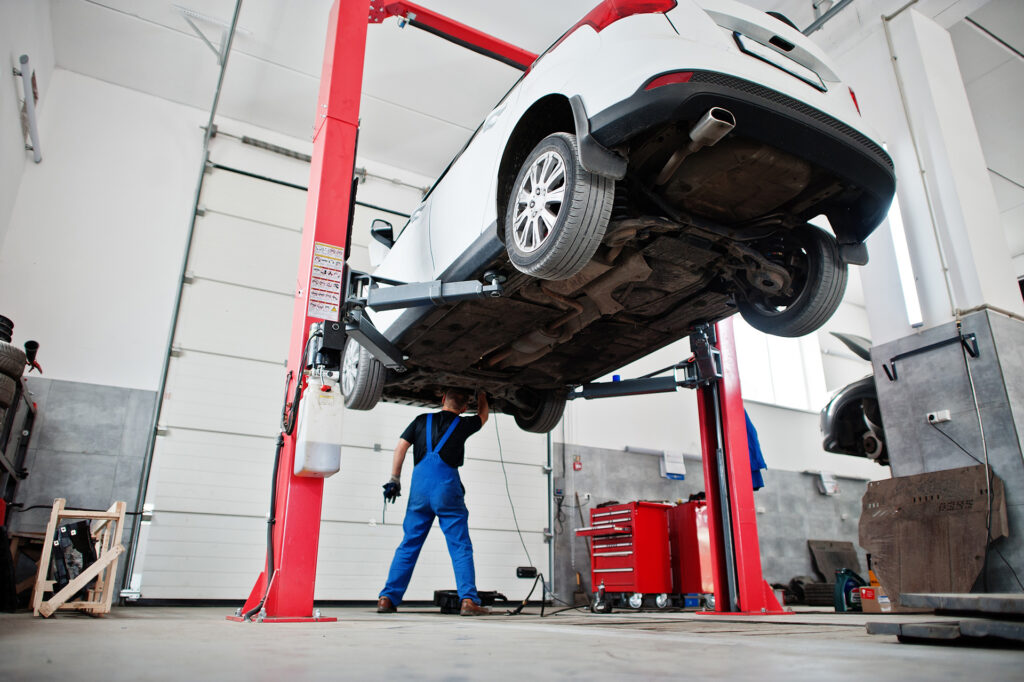“Your car’s longevity isn’t just about the miles on the odometer; it’s about the care under the hood and the attention at the shop.” The health of your vehicle is significantly influenced by how well you maintain it, affecting not only its lifespan but also its performance and safety. This guide will walk you through essential maintenance tips and explain why regular care is crucial for keeping your car running longer and better.
Understanding Vehicle Lifespan:
Today, the average lifespan of a car is around 12 years or about 200,000 miles. However, some vehicles hit 300,000 miles or more, thanks to meticulous care and maintenance. Several factors influence a car’s lifespan including the model, driving habits, environment, and most importantly, maintenance.
Preventive Maintenance: Why It Matters:
Preventive maintenance involves regular checks and routine care to prevent potential problems. This proactive approach not only saves you money on expensive repairs down the road but also extends your car’s operational life.
- Regular Oil Changes:
Changing the oil and oil filter regularly is crucial. Old, dirty oil hampers engine performance and leads to quicker wear and tear. Typically, oil should be changed every 5,000 to 7,500 miles, but this can vary based on the vehicle and oil type. - Tire Care and Rotation:
Tires impact fuel efficiency, safety, and handling. Regular rotation — generally every 5,000 to 8,000 miles — ensures even wear and extends tire life. Always check your tire pressure monthly, especially during temperature changes. - Brake Checks:
Brakes are vital for safety and should be checked at least once a year. Look for signs of worn brake pads or unusual noises, as delays in brake repair can lead to more costly damage and safety risks.
The Role of Professional Auto Shops:
While basic maintenance can often be performed at home, professional auto shops play a crucial role in more complex services and diagnostics:
- Advanced Diagnostics: Professional tools can diagnose underlying issues before they escalate.
- Technical Expertise: Certified mechanics can handle complex repairs that go beyond basic maintenance.
- Warranty and Peace of Mind: Professional services come with guarantees, ensuring that work is done right.
Case Studies – The Benefits of Regular Maintenance:
Consider the story of John, whose 2001 Honda Civic reached 400,000 miles thanks to stringent maintenance schedules. Regular check-ups and immediate attention to small issues prevented major problems, exemplifying how consistent care can extend a car’s life significantly.
Advanced Maintenance Techniques:
Technological advancements have introduced more sophisticated maintenance techniques and tools, such as computerized diagnostics and laser alignment, which offer more precision in car care than ever before.
DIY vs. Professional Care:
While many car owners take pride in performing basic maintenance themselves, understanding when to involve professionals is key. Complex issues, electronic problems, and transmission work should typically be handled by experienced technicians.
Conclusion:
Enhancing your vehicle’s lifespan through regular maintenance not only ensures it remains reliable and performs well but also contributes to its resale value. Remember, a well-maintained car is more than just a vehicle; it’s an investment in your mobility and safety on the road.





